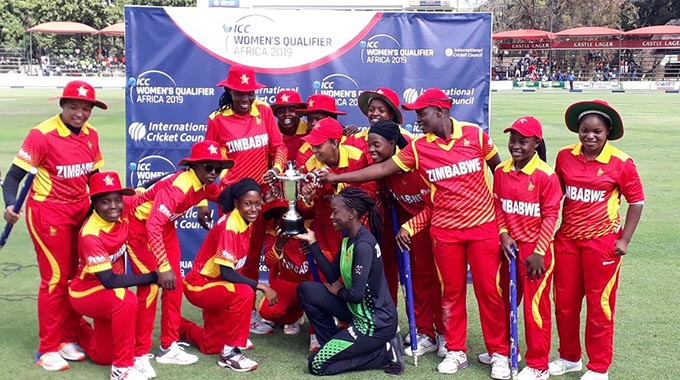Editorial Comment: Inclusivity in Marriage Act was long overdue

Soon after Government announced that it was amending the Marriage Act, to allow traditional leaders and apostolic sects to solemnise marriages, the country went agog with debate on the pros and cons.The debate bordered on stigma and dogma, belief and the execution of belief in the matrix of marriage.
The debate went into religion and the religiosity; the art, the belief and the practice. It went into polygamy, bigamy and monogamy.
At the end if it all, it showed that Government had touched the nerve of human existence and was correct in moving away from disenfranchising certain sectors of the people of Zimbabwe. Indeed, a thought process was involved. Call it thought leadership and inclusivity. Call it nation building.
To be honest, the decision by Government to allow chiefs, apostolic sect leaders to join the judiciary and conventional churches to solemnise marriages is laudable.
It broadens the scope of marriage, gives marriage a new dimension, meaning and depth, making marriages solemnised under tradition, conventional churches, unorthodox churches and judiciary, bear legal weight.
Now, the Government and stakeholders should immediately come up with a modus oparandi that does neither cheapens no complicates the institution of marriage. Instead, it should give formerly excluded marriages a fresh breath and scope of tenure.
For the apostolic sect in particular, it is really new prospect that should give their marriages more pride and legality.
For traditional leaders it was long overdue, since day in and day put they dealt with marital problems in the villages and yet they had no power to preside over the marriage itself.
Rhodesia, using the Roman-Dutch Law, undermined traditional leaders and apostolic sects and disenfranchised their marriage institutions from the national legal marriage systems.
Apostolic marriages were classified under traditional marriages and that was wrong. In the past solemnising of marriages was the preserve of conventional churches and the judiciary
However, the Government’s decision in bringing in the chiefs and apostolic sects even makes it exciting and largely inclusive.
However, if not well managed, the traditional leaders and the apostolic sects, might plunge the institution of marriage into disrepute.
The amended law must set clear rules and regulations, the dos and don’ts in order to maintain the dignity of the institution. The legal framework must be backed by a strong monitoring and evaluation system.
The chiefs council and the hierarchy of the apostolic sects, should ensure that their marriage officers do not abuse the solemnising powers. They must make sure that their marriage officers submit to law in terms of the legal age of majority.
If not monitored strongly, the country might be plunged into a buffet of child marriages, which are essentially illegal.
It is a known fact that the majority of the culprits in child marriages are within the realm of African Traditional Religion and apostolic sects.
But by giving them powers to solemnise marriages, the Government has effectively brought them into the mainstream where they can be monitored.
Most importantly, that they will be trained on the laws of land, will make it easy for them to control or influence the anti-child marriages mantra.
To many who detest the two sectors of our society — the traditionalist and the apostolic sect — it might sound a joke or giving them more credence, but it is indeed good for our country in that marriages in those sectors will now be easy to monitor and control, using the legal instruments that give them power to solemnise the same marriages.
This is a new dimension, a new depth and indeed and new way of making all marriages in the country carry legal weight and this was indeed long overdue.








Comments